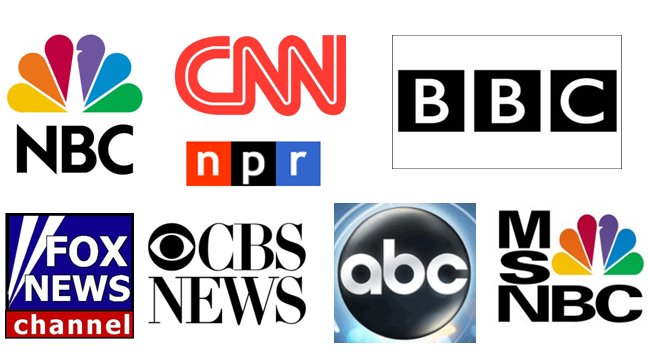Red Sea Houthi attacks will disrupt global supply chains more than any pandemic, sending prices skyrocketing
01/26/2024 / By Cassie B.

The supply chain issues that disrupted international trade during the COVID-19 pandemic will pale in comparison to the havoc the current crisis in the Red Sea will cause, experts are warning.
The U.S. and U.K. are worried enough about the situation to take proactive measures against the Houthi rebels threatening trade in the crucial sea passage. On Monday, large-scale air and missile strikes were conducted against Houthi facilities throughout Yemen as the rebels claim attacks will not end any time soon.
A joint statement reported that the U.S. and U.K., supported by the Netherlands, Canada, Bahrain and Australia, hit a series of Houthi targets in strikes that “intended to disrupt and degrade the capabilities that the Houthis use to threaten global trade and the lives of innocent mariners.”
However, continued strikes do not seem to be doing much to deter the attacks by the Houthis, who have said they do not plan to stop until Israel ends its war against Hamas.
When President Biden was recently asked about the strikes, he conceded they don’t appear to be having the desired effect but indicated they do not plan to change course.
“Well, when you say ‘working,’ are they stopping the Houthis? No. Are they going to continue? Yes,” he said.
There is some speculation that the air and missile strikes favored until now will soon give way to additional measures, with reports indicating the Biden administration is planning to carry out a “sustained military campaign” against the rebels.
It is now clear that the crisis is not going to end any time soon, and major commercial shippers have been warning customers to prepare for big disruptions.
Costly diversions will cause prices of many goods to spike around the world
The shipping giant Maersk has been diverting all of its vessels south around the Cape of Good Hope to avoid the Red Sea altogether out of concerns for the safety of their crew, vessels and cargo. They will be rerouting “for the foreseeable future,” which adds a significant amount of time and expense to every journey.
The safer route around southern Africa is 3,500 nautical miles longer, adding roughly 10 to 12 days of sailing time onto each trip and requiring an additional $1 million in fuel – not to mention the need to adjust delivery timetables, arrange alternative ports of calls and rent additional ships to cover the longer journeys. Although it is a significant burden and will have a big effect on global shipping, most shippers feel it is a smarter move than risking attacks by Houthi hijackers or missiles.
Maersk’s CEO, Vincent Clerc, admitted at the World Economic Forum’s yearly meeting in Davos that global shipping networks will experience disruptions for at least several months, saying: “So for us this will mean longer transit times and probably disruptions of the supply chain for a few months at least, hopefully shorter, but it could also be longer because it’s so unpredictable how this situation is actually developing.”
These disruptions will have a big financial impact throughout the world, sending the prices of goods upward while leading to production and shipping delays of weeks or even months.
An analysis by the supply chain advisory firm Sea-Intelligence found that these disruptions have already caused more damage to the supply chain than the early days of the pandemic, causing a big vessel capacity drop.
Recently released data from Freightos Terminal shows that the rates for shipping goods from Asia to Europe has risen 461 percent compared to the middle of October before shippers started diverting their vessels, and carriers are imposing surcharges of as much as $2,700 per container.
So far, it is impacting supply chains in Asia and Europe the most, with some automakers halting production because of component shortages. However, North America and the rest of the world will eventually feel the impact – at a time when many people are already struggling to make ends meet.
Sources for this article include:
Submit a correction >>
Tagged Under:
big government, bubble, chaos, collapse, commercial shipping, debt bomb, debt collapse, economic riot, finance riot, Houthi rebels, inflation, market crash, money supply, national security, pandemic, Red Sea, risk, shipping, supply chain, terrorism, violence, World War III
This article may contain statements that reflect the opinion of the author
RECENT NEWS & ARTICLES
COPYRIGHT © 2022 EconomicRiot.com
All content posted on this site is protected under Free Speech. EconomicRiot.com is not responsible for content written by contributing authors. The information on this site is provided for educational and entertainment purposes only. It is not intended as a substitute for professional advice of any kind. EconomicRiot.com assumes no responsibility for the use or misuse of this material. All trademarks, registered trademarks and service marks mentioned on this site are the property of their respective owners.



















